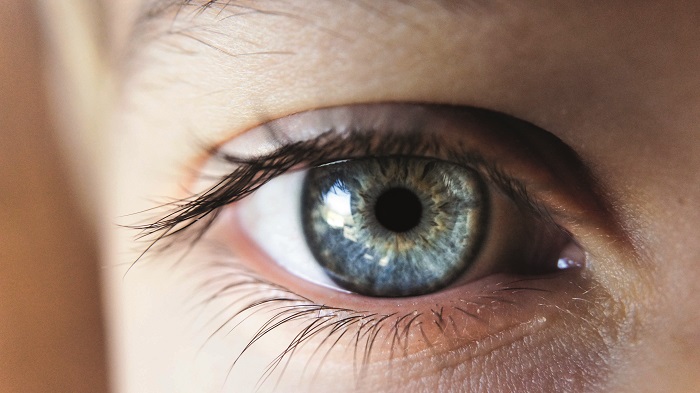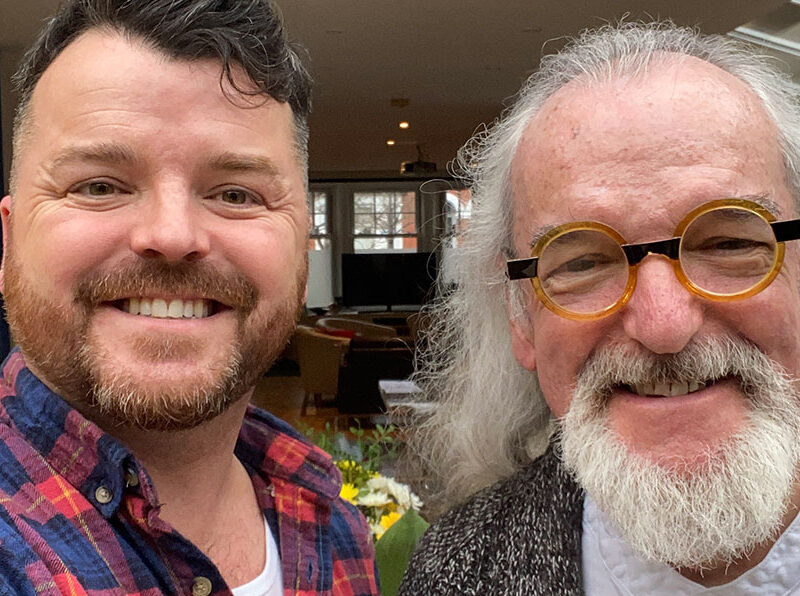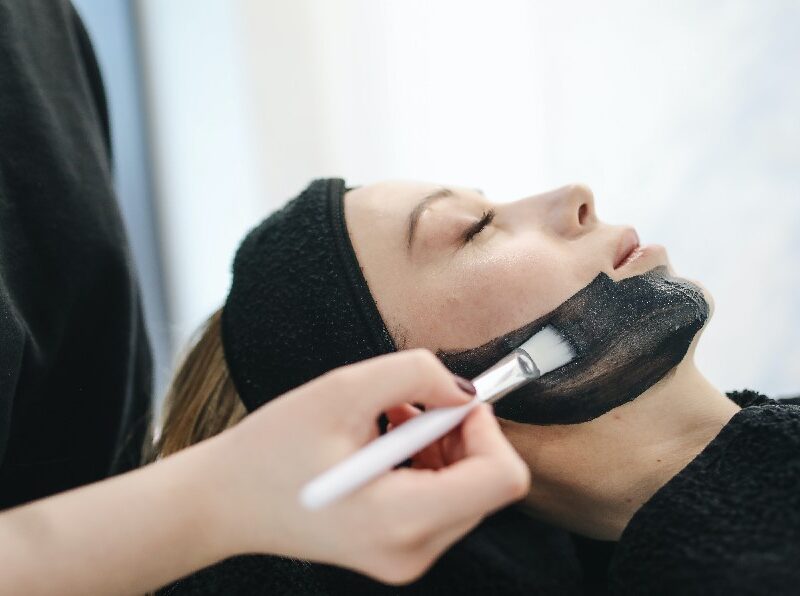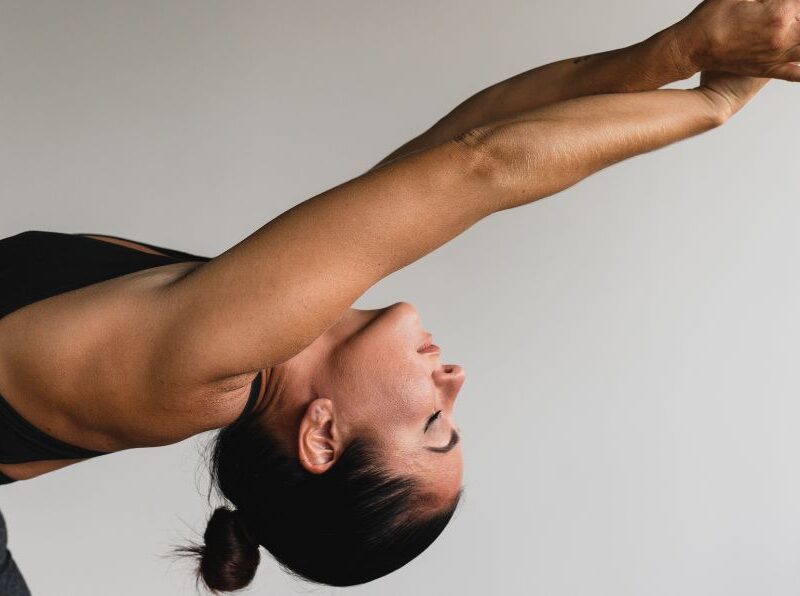
9 HEALTH CHECKS YOU NEED TO KNOW
9 HEALTH CHECKS YOU NEED TO KNOW
Make 2023 the year to really take charge of your health
Protecting Your Heart
High blood pressure often goes undetected, which increases the risk of heart and circulatory diseases such as heart attack or stroke. People over 40 should have a blood pressure test every year: pharmacies, walk-in clinics, or your GP surgery are some of the suggestions where you can get checked. Dizziness, feeling lightheaded after waking up, blackouts, or constant headaches can be signs of abnormal blood pressure – contact your doctor. To keep your blood pressure within a normal range, the guidelines are similar to keeping healthy generally: Exercise, lose excess weight, eat well, revise your salt intake, don’t smoke and be aware of alcohol intake.
Eat Well
A healthy and sustainable diet helps to maintain a good weight and reduces the risk of chronic diseases. Eating the right nutritious foods and making conscious health choices are vital as they can help improve our energy levels and give us the nutrients our body needs. Seeking a local nutritionist can help you with your digestive issues, weight management, mood disorders, fertility issues, and eating habits. So ask yourself, what does your body need? Keep an eye on your weight and your BMI – you can work this out online after measuring your height and weight. Smart scales may be useful for looking at the total composition of your body: fat, water and muscle, to give a clearer picture.
Check your Cholesterol
High cholesterol increases the risk of having a heart attack or stroke. It doesn’t have any symptoms so testing is important. Tests are done as part of the NHS programme for over 40s but you can also be tested at a pharmacy

Oral Health
Oral health is a window to your overall health and wellbeing. Regular dental checkups help maintain good oral health by reducing the chance of developing cavities and gum disease but can detect other problems, including oral cancer. Visit your dentist and a hygienist every six months. Don’t go to bed without brushing your teeth, brush your teeth properly, including your tongue and remember to floss.
Get your eyes tested
An eye test can reveal a lot more than how your eyesight is, with checks picking up on a host of conditions such as diabetes, brain tumour, high blood pressure and Multiple Sclerosis. If you’re a driver, you also need to make sure you meet the minimum legal eyesight requirements.
A Full MOT
The NHS offers a health check every five years to everyone aged between 40 to 74. This aims to spot early signs of stroke risk, heart, liver, and kidney disease, diabetes, and dementia. However, if you want a comprehensive health check, there are various options, including private healthcare services or at-home kits that can supply advice, support, and personalised health checks. For people in their 40s, it is recommended to have a colon cancer screening, such as a colonoscopy or stool test. 50 onwards, you should consider the potential benefits and risks of screening for other types of cancer, such as lung and bladder cancer. Randox Health (randoxhealth.com) has a Wellman or Wellwoman check for £295, collecting information on areas including kidney, liver, thyroid, digestive and nutritional health, with the tests repeated after six months. Some pharmacies and gyms also offer health checks including diabetes, blood pressure and your BMI.

Breast and Cervical Cancer Awareness
All women and people with a cervix aged 25 to 64 should book a Pap smear test and HPV test with their local GP or sexual health clinic for cervical cancer screening. This should happen every three to five years, depending on your risk factors. Also, around one in eight women in the UK are diagnosed with breast cancer during their lifetime. From the age of 50, women are invited for a mammogram every two years, but be breast aware at all stages of your life with regular self checks. It’s not just lumps to look for – there are several other changes that you should check with your GP. See the NHS website for guidance.
Skin Changes
Checking your moles every few weeks can help spot early signs of skin cancer. Usually moles are harmless, but if you notice a change in shape, size, or colour of an existing mole, book an appointment with your GP or a skin expert. You can have your moles photographed and mapped at a specialist clinic so you can monitor them over time.
Mental Health
It is not just our physical health we should be checking, but our mental health too. One in four people will suffer from mental illnesses during their lifetime, and the likelihood is that you or someone you care about will fall into this category. Here are some ways to help improve your mental health
- Connect with others
- Spend time in nature
- Look after your physical health and move your body
- Sleep
- Breathe, meditate and be present
- Don’t suffer in silence
- Self-care
- Visit your GP if you have concerns.





